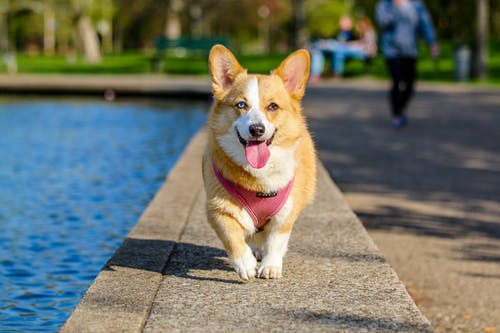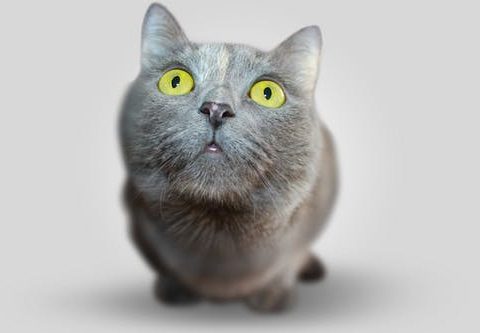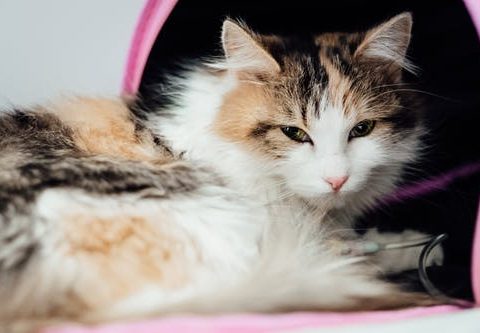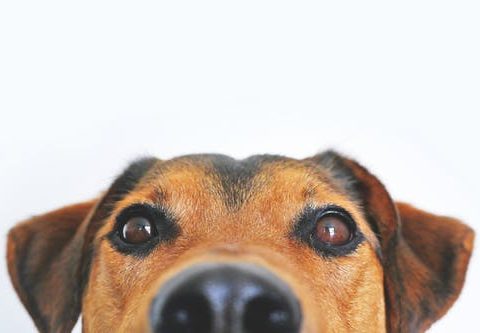If you’ve been a pet parent for a lengthy period, you’re probably well-informed about the general necessities of pet care: frequent exercise, balanced dietary intake, and regular vet checkups. Nonetheless, as your adored companion advances into its senior years, the kind of medical care and frequency of vet visits could necessitate adjustment.
Signs Your Pet Is Ready for a Geriatric Vet Checkup
Pets might be unable to express their feelings under the weather, but their behavior can alert you to potential health concerns.
Changes in Water Intake
- Noticeable fluctuations in your pet’s water consumption can indicate an underlying health issue.
- Observing significant increases or decreases in water intake should prompt a vet checkup.
Altered Appetite
- Sudden changes in your pet’s eating habits, such as a significant decrease or increase in appetite, should not be ignored.
- Unexplained weight loss or gain could be a red flag and requires medical attention.
Weight Fluctuations
- Regularly monitoring your senior pet’s weight is crucial.
- Rapid weight loss or gain without an apparent cause can indicate age-related complications, necessitating evaluation by a veterinarian.
Urinary and Bowel Habit Alterations
- Pay attention to changes in your pet’s urinary and bowel habits.
- Frequent accidents, difficulty urinating or defecating, or any signs of blood in their urine or stool warrant a vet visit.
Limping and Mobility Issues
- Regular limping, reluctance to move, or discomfort while walking or running may indicate arthritis or other joint-related conditions.
- A vet checkup can help identify the cause and provide appropriate treatment options for improved mobility and comfort.
Reduced Activity and Energy Levels
- If your pet suddenly becomes less active, shows disinterest in play or walks, or appears sluggish, it could indicate an underlying health problem.
- A vet can assess your pet’s condition and recommend necessary steps to address reduced activity levels.
Unexplained Weight Loss in Cats
- Unexpected weight loss despite increased appetite may be a symptom of cat hyperthyroidism.
- Consult a vet for proper diagnosis and management of hyperthyroidism in cats.
Unexplained Weight Gain in Dogs
- Dogs gaining weight despite no increase in appetite may be suffering from hypothyroidism.
- A vet can conduct tests to determine if hypothyroidism is the cause and provide appropriate treatment options.
Changes in Coat and Skin
- Keep an eye out for alterations in your pet’s coat and skin.
- Excessive shedding, dry or flaky skin, hair loss, rashes, or signs of irritation should be evaluated by a veterinarian for potential allergies, infections, or other dermatological issues.
Behavioral Changes
- Significant changes in your pet’s behavior, such as increased aggression, restlessness, confusion, or disorientation, could indicate underlying medical conditions, including cognitive dysfunction.
- A vet can assess your pet’s behavior and recommend suitable interventions to support their mental well-being.
Regular Checkup Requirement for Older Pets
Usually, vets will recommend more frequent wellness checks for older pets. While younger pets might only require an annual checkup, an aging pet could need a visit every six months. This frequency makes it easier to detect any potential health issues and implement early treatment.
Early on, puppies and kittens require their unique sets of vaccinations and checkups, and it’s a great time to establish a relationship with a vet clinic that offers tailored plans for your growing pet’s various life stages. Veterinarians can recommend a preventive care regime that includes vaccinations, deworming, diet recommendations, and the benefits of spaying and neutering. Search the web for a reputable vet clinic and check their services regarding puppy and kitten vet care.
Tailored Health Care For Aging Pets
Like their human owners, every pet is unique, and so are their healthcare requirements. Many factors, such as the pet’s weight, diet, level of activity, and breed, can affect what an “appropriate age” is deemed for them to become a “senior.” For example, large-breed dogs age quicker than small breeds.
Acting quickly in the face of a pet health emergency can save your furry friend’s life. Emergency pet care, such as those offered at Laguna Hills Animal Hospital, ensures immediate medical attention during critical situations. Services often include overnight observation, operating theaters for immediate surgeries, and critical care nursing.
Geriatric Vet Care to Keep Your Pet Healthy
As your pet transitions into its golden years, it may require specialized senior pet care. More thorough examinations, increased blood work, and a tailored diet and exercise plan may get discussed during a geriatric checkup. For example, they might need a more accessible litter box or require senior-friendly games to keep their mind sharp.
Seeking the help of a geriatric veterinarian in Laguna Woods can provide your aging pet with a complete physical examination, diagnosis, treatment, and advice based on their specific health history and lifestyle. From pain management to nutritional advice, these professionals are equipped with the knowledge and expertise to contract years to the lives of your beloved seniors and life to their years.
Conclusion
Remember, it’s always a good idea to consult your vet regarding any significant changes in your pet’s routine, physique, or temperament. While aging is inevitable for all living beings, plenty can be done to ensure that our pets live out their golden years with grace, dignity, and good health. After all, they are not just pets; they’re treasured members of our family. So let’s do what we can to give them a long, comfortable, and happy life.








